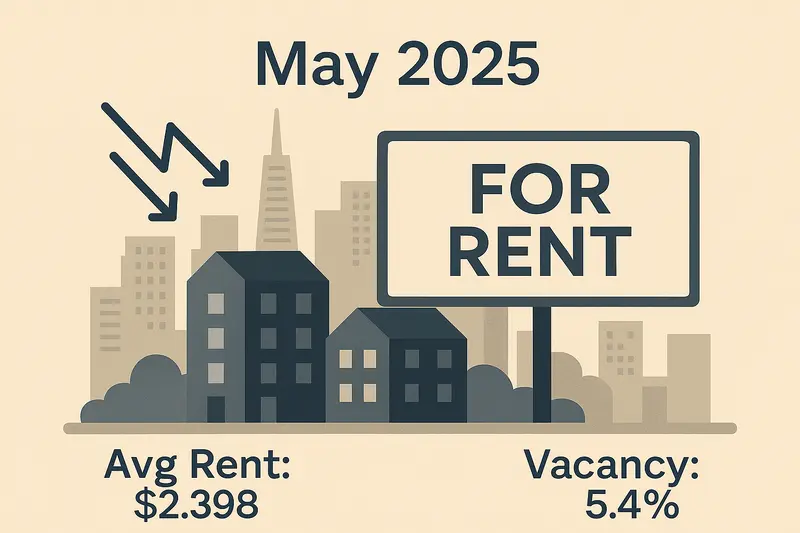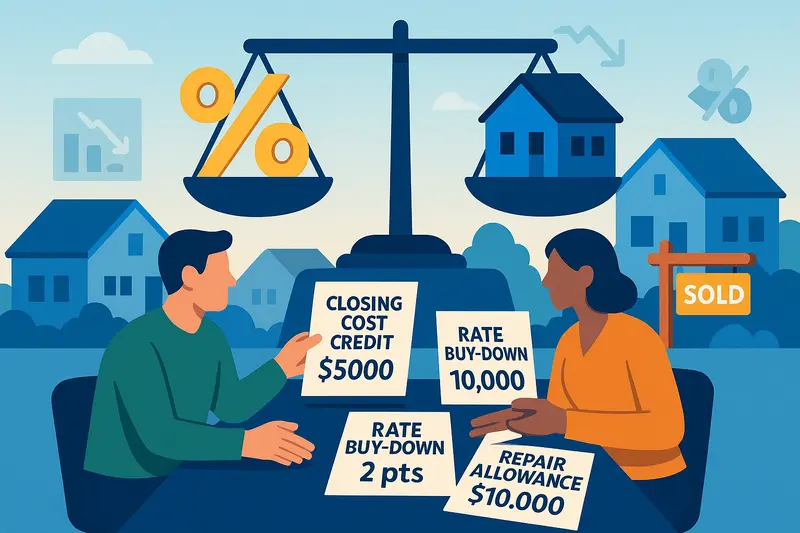Inside a Lease Agreement: What Renters Need to Know
Question
Answer
A lease agreement is a legally binding contract between a landlord and a tenant that outlines the terms and conditions of renting residential property. It specifies each party’s rights and responsibilities for the duration of the tenancy, ensuring clarity on rent payments, property use, and maintenance obligations.
Most lease agreements include the following key elements:
- Parties and Property: Full names of landlord and tenant, plus a clear description of the rental unit (address, unit number).
- Lease Term: Start and end dates—common terms run 6 or 12 months, though month-to-month options also exist.
- Rent Details: Amount due, payment due date, acceptable payment methods, and any late fees or grace periods.
- Security Deposit: Deposit amount (often one to two months’ rent), conditions for withholding, and timeline for return.
- Utilities and Fees: Which utilities (water, electricity, gas) the tenant must pay and any additional fees (parking, pet rent).
- Maintenance and Repairs: Responsibilities for routine upkeep versus major repairs, plus notice requirements for entry.
- Occupancy Rules: Maximum number of occupants, subletting policies, and restrictions on alterations or pets.
- Termination and Renewal: Notice periods for ending or renewing the lease, and penalties for early termination.
State and local laws often impose specific requirements—such as disclosures about lead paint or energy efficiency—and may cap fees or require security deposits to be held in interest-bearing accounts. Tenants should verify local landlord-tenant statutes or review guidelines from the U.S. Department of Housing and Urban Development to confirm compliance.
Before signing, tenants are recommended to:
- Read every clause carefully and ask for clarification on unclear terms
- Document the property’s condition with photos or a move-in checklist
- Ensure any verbal promises (e.g., repairs or inclusions) appear in writing
Understanding the details of your lease agreement helps prevent misunderstandings and protects both parties. It’s advisable to consult a licensed attorney or a qualified real estate professional if you encounter complex clauses or have questions about your rights under state and local law.


